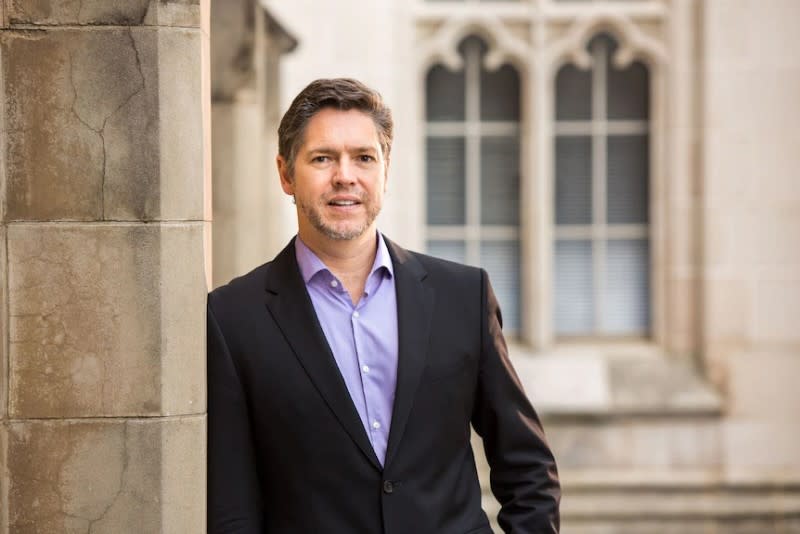Resources
Newsletter
Stay up to date and with the latest news, projects, deals and features.
Subscribe
After six years at the helm, Melbourne’s Lord Mayor Sally Capp has announced her resignation.
Capp said she would step back from the role in June, ahead of local government elections in October.
This may mean that Deputy Lord Mayor Nicholas Reece will assumeher duties until the election.
The makeup of the City of Melbourne council and its planning committee the Future Melbourne Committee is important to developers in the city.
Recent decisions by the council and its committees around affordable housing strategies and plans have come under fire from some in the property industry.
Capp said she had mixed emotions about the decision not to contest the election and that she had spent the better part of the past decade with the council.
“I have decided that at 56, having spent my 50s so far at Town Hall, it’s time for me to seek new opportunities to propel me into my next decade,” Capp said.
Capp won the role in 2018 at a by-election after former Lord Mayor Robert Doyle resigned in the midst of sexual harrassment allegations.
“The City of Melbourne was in dire need of leadership when I was elected as Lord Mayor in 2018,” Capp said.
“There were significant internal and external issues—including a culture of unacceptable councillor behaviour and delays on major projects, such as the renewal of Queen Victoria Market.”
During her tenure as Lord Mayor, the council has renewed work on the Queen Victoria Market precinct, pushed through the Greenline and the Make Room projects, delivered the Kensington Community Aquatic and Recreation Centre and started the Power Melbourne battery scheme.
“We have tripled our investment in city cleaning, delivered the largest events program in the country, and invested more in city-shaping infrastructure projects than at any other time in Council’s history,” Capp said.
Capp will work on delivering the final budget and annual plan for this term as well as a transition plan with the chief executive officer and councillors before stepping down.
Capp’s is not the only change coming to the council.
On the Greens ticket, Councillor Rohan Leppert will step down with Cr Dr Olivia Ball taking the first spot. West Melbourne resident Karl Hessian will be running in the second spot on the ticket.
Leppert hinted at his decision to not run during a recent council meeting.

It is not yet clear if other councillors including Liberals member Roshena Campbell or Labour members Elizabeth Doidge and Davyyd Griffiths intend to contest the elections.
Campbell voted against the motion to endorse the recommendations of the recent affordable housing review.
Cr Kevin Louey, if he ran again, would be serving a fifth term on council.
Both Phillip Le Liu and Jamal Hakim would run as independents after Le Liu resigned as a Liberals member earlier in his term.
As reported in other media earlier this year, Reece has put out feelers to the business community to see if they would support him if Capp resigned.
At the time, it was also reported that many felt more support was needed for business and that the Greenline project would become an election issue.
Under the City of Melbourne Act, as Capp will step down in June, less than six months before the election, if a resolution is passed by thecouncil that an election is not needed to fill the Lord Mayor role, then Reece as deputy mayor will officially step into the role.
Reece most recently proposed a set of adaptive reuse guidelines for developers.
“I believe that anyone contesting the election must be all-in for a full term,” Capp said.